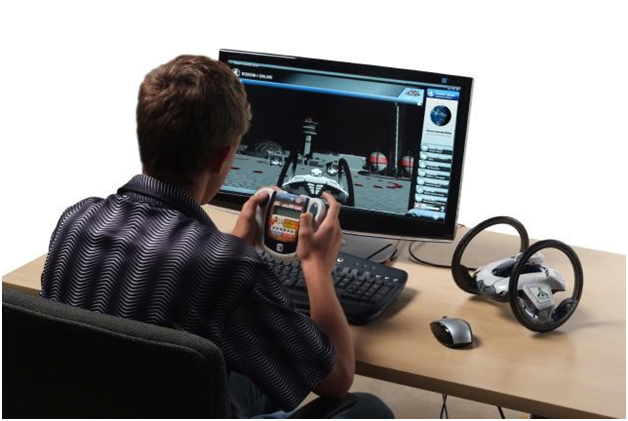Why cellular games are so addicting — and a way to reclaim it slow
Share

It all started with Candy Crush Saga. I located it shortly after it was first released in 2012, once I discovered my then-roommate playing it. She stated it helped her unwind after work. It’s so addictive,” she said giddily, like “addictive” become a great component. I was intrigued with the aid of the sport’s sounds — twinkly small crashes — and the subject matter tune, a fanciful bell-laden waltz-like something that could pop out of a dollhouse merry-cross-spherical. I downloaded the sport that week, and to my marvel (I’ve never been plenty of a gamer), I turned immediately hooked. That first night, I played it until I ran out of life and then resumed as soon as I turned on the subway the following morning. The shuttle flew through. I didn’t experience any everyday nervousness or irritability that I commonly did at some stage in the push-hour shuffle. I become misplaced in the game.
I soon learned how to hack the clock on my phone to get more lives, which prompted numerous glitches in my device. However, I became willing to sacrifice because I was so captivated by this sport. What had me so hooked? Part of it turned into this surreal passage of time aspect — now not tampering with my cellphone’s clock, though in retrospect, that hack appears profound; however, the manner mins and hours glided using. I liked that I ought to plug into every other universe after feeling awful and tuning the real global out.
This escapism details elements of what makes mobile games so addictive. Any gamification platform is explicitly designed to make you need to put it now, not down, and is designed to [stimulate the] reward pathway for your brain which can suppress your notion of time,” Dr. Joseph F. Chandler, assistant professor of psychology at Birmingham-Southern College tells NBC News BETTER. “Your mind stops tracking time and instead measures devices of delight in the sport. The subsequent stage turns into the marker of the passage of time. This is why you lose an hour or three without feeling it.
Chandler also notes that people with anxiety issues, including me, can be especially drawn to cellular video games’ distraction. When you’ve recognized tension disorder, a chief symptom is hypervigilance — being hyper-tuned on your surroundings,” says Chandler. “Slipping through time with something pleasing may be very inviting. Those vivid colorings and hypnotic sounds aren’t an accident. Also inviting are the sport’s colorations and sounds. The brilliant colors we see in cell games beg for our interest and faucet right into the primal popularity of alarm note Dr. Lisa Strohman, a scientific psychologist, writer, and founder of the Digital Citizen Academy. “Think of the red underbelly of a black widow spider,” she says, referencing the idea of warning color in the animal international. “Bright colors are dangerous; however, they satiate the mind in sure ways.
Throw in a few thrilling sounds and a continuously converting screen — where visuals and audio shift as you go along — and you have a seductive elixir. Mobile video games like Candy Crush are especially addictive because of many shuffles and modifications. Then you definitely degree up, so you may experience a hit when you are aggressive,” says Strohman. “The [mobile gaming] industry knows that, so take fairly enticing colorings and sounds and create a classical conditioning loop that increases the push for dopamine rewards.
Even meditation sports apps may be addictive. Every cellular app with a gamification element is designed to lure your attention and cordon off the out-of-doors global. Meditation apps aren’t any exception. Even video games that aren’t designed to simulate pressure, just like the app Headspace — which I use and which has accurate empirical research in the back of it, may be addictive,” says Chandler, who limits his utilization of the app, preventing the temptation to “do five periods an afternoon.














